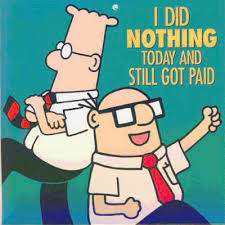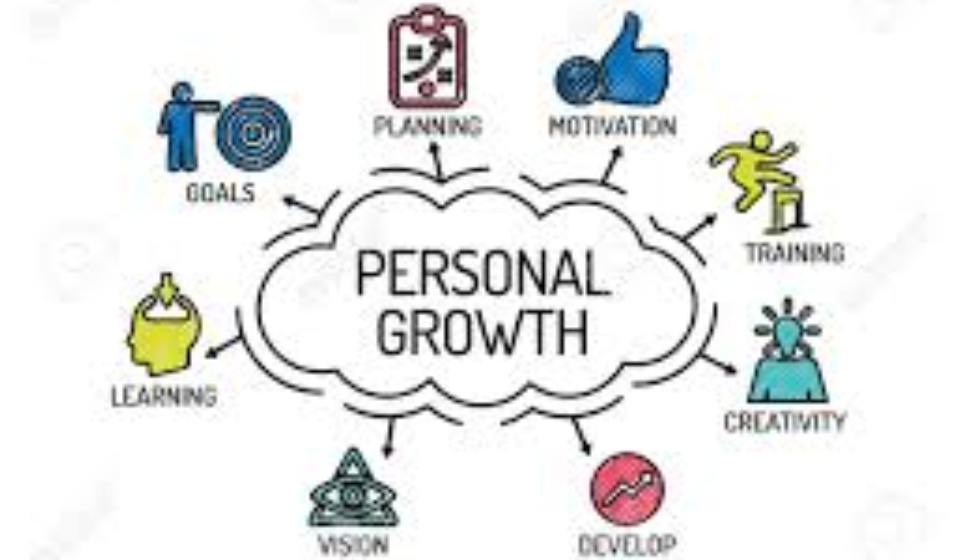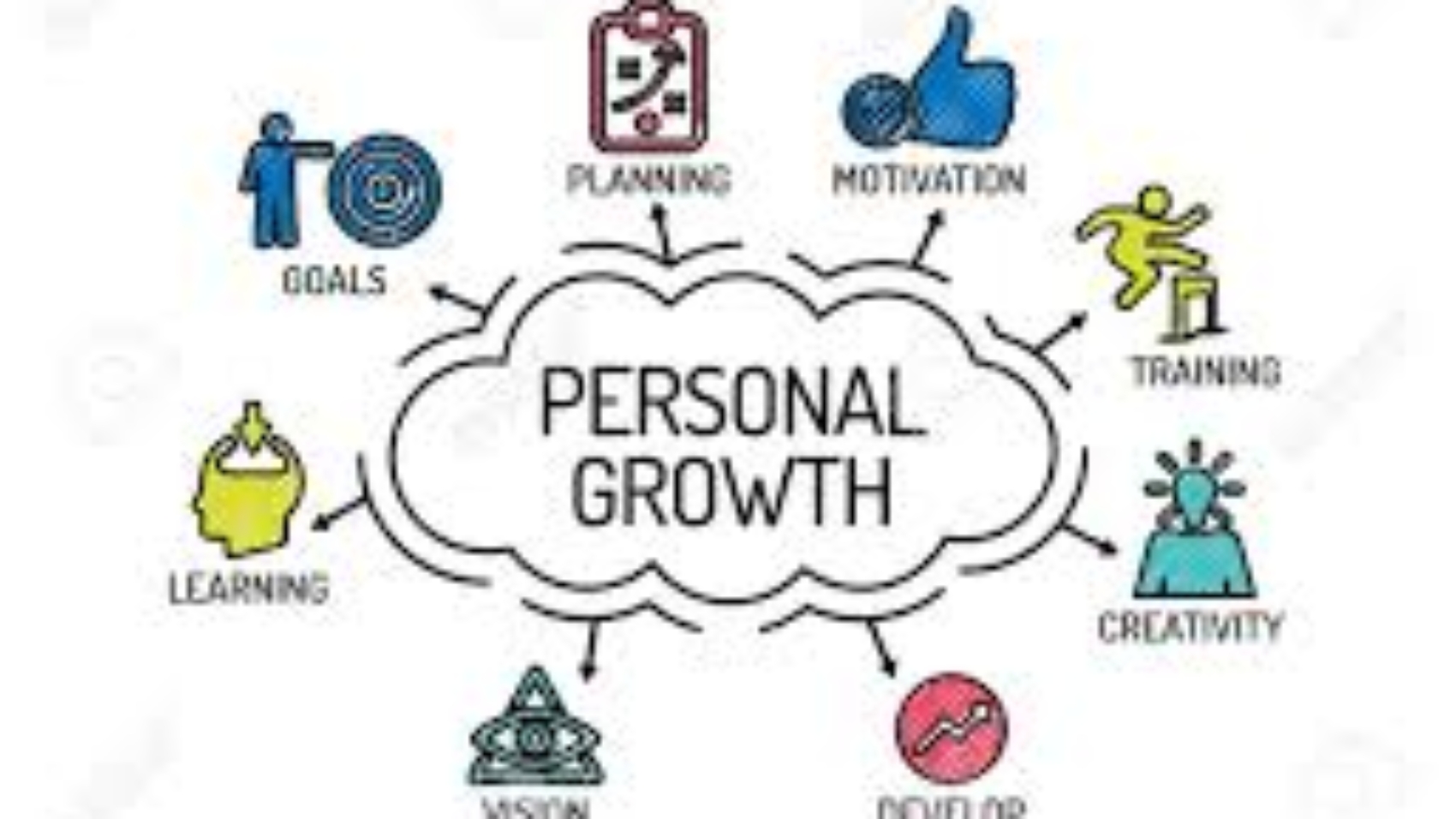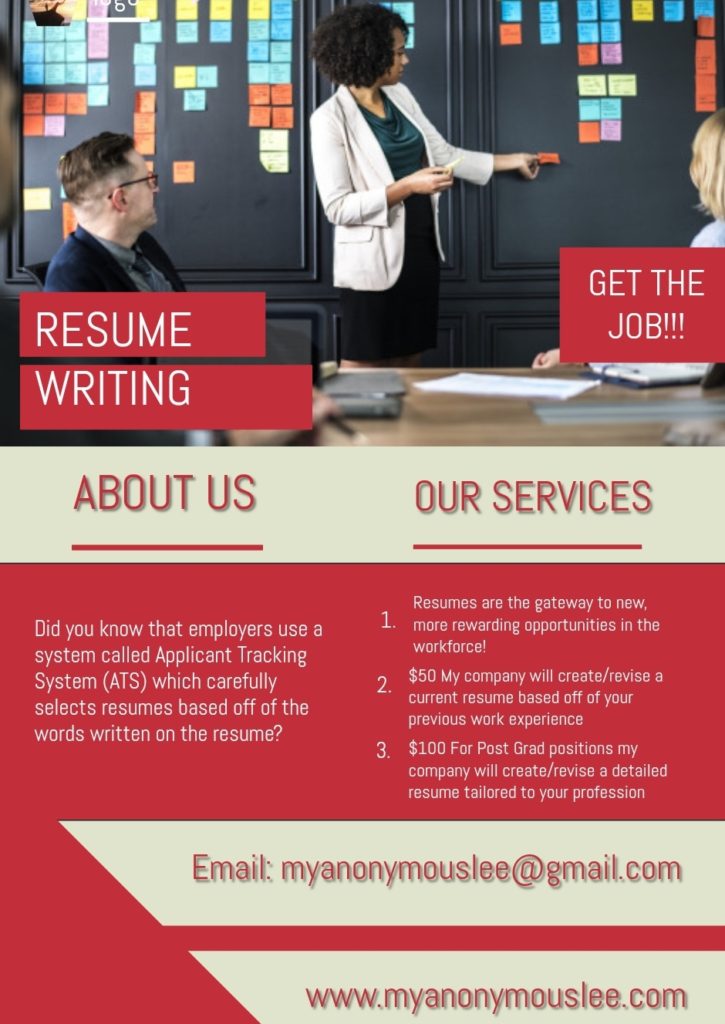Check me out every Wednesday at 10pm on Dagr8fm Radio. We offer commercials and advertising specials as well. Email Lee for monthly specials and pricing information.
The More You Grow

Make it a point to never study anyone without the intent of learning from the experience. Most importantly, do not study anyone before you have mastered your own train of thought. How can you measure another person’s growth, and you have no understand of your own incompetence. The reality is, it is easier to fix what is going on around you, rather than to start by fixing yourself first.
Two years ago, I stopped offering my opinion. I began watching people close to me spiral out of control. I realized, they were not listening to my advice, and I was wasting my brain cells trying to find resolutions for people who simply were not seeking answers to their problems. Before, when I commented, I would hear them tell others that I thought I knew everything.
Once I stopped putting my two cents in, they began to judge me for not having any suggestions because I felt my assistance was above them. I was perplexed at first, because I could not fathom how someone who criticized my ideas initially, and would never utilize them, was now upset that I was silent when they were stuck in the same situation for the third time.
Two things happened to me when I decided to stop offering my input. It forced me to concentrate more on myself and my internal thoughts. It forced me to free up space in my mind to do meaningful self-evaluations. It forced me to have a prolific understanding of what happens when you grow. I was able to confirm that people will leave you when you grow, and you will start to question your own existence versus what you’ve been told.
It is impossible to welcome growth in your own life, when you refuse to focus all of your efforts on trying to convince another person to change theirs. I slowly arrived at the conclusion that people do not need anyone else’s permission to grow. In fact, they will resent you for trying to help them grow, when they are not ready to make those personal changes.
Leave Your Problems At the Door
As you approach the front door of your job, before you touch the door handle, STOP! Look around. Breathe in. Exhale. Now Go! When you go, go alone. Before walking into the job, reassure yourself that you are going to be the best employee you can be by not letting outside influences affect your production in the workplace. Leave every single problem you have at the door. Do not go any further with the mindset you drove to work in. If you knew just how much the effects of bringing your personal issues to work could hinder your career opportunities, you would leave them in your home, before you walk out the front door.
Being an employee does not exempt you from life. Tragedies are inevitable, broken hearts seem irreparable, paying bills that seem to get higher and higher by the day are unfortunate, but none of the examples listed are your employers business. In fact, it may inevitably cause you to be passed up on opportunities to climb the corporate ladder, because your management feels you are unable to separate your personal life, from your career.
Here are a few tips on how you can minimize distractions in the workplace to cope with the issues plaguing your mind outside of work.
- Know Yourself.
- Set aside a specific time to evaluate your work life versus your personal life.
- Govern your relationships.
- Prepare a schedule the night before. Stick to it.
Knowing yourself and your limits will enable you to understand what the best method of stress relief is for your particular situation. If you are unable to identify what is causing the burdens you feel, chances are you won’t be able to address them, much less find a resolution.
Set aside a specific time to deal with your issues. Pick a time where you can truly focus with the minimum amount of distractions. Be reasonable with your expectations of yourself, and what you plan to accomplish within the time you set. Be adamant about sticking to the time allotted, and address all of the issues within that time. Do remember, the time frame you choose to work on what is overwhelming you, should be determined by the urgency and significance of the dilemma. Once the time has expired, STOP!
Govern your relationships, or they will govern you! All relationships have the tendency to place burdens on both parties involved. The level of hindrance depends on the individual, and what your priorities are. For someone who values their career more, relationships aren’t or are less likely, to interfere with their work affairs. However, if you are someone who breaks down constantly due to the words or actions from your spouse, you may have to re-evaluate your priorities. If love affects your emotions so much to the point that you shut down and are unable to function as expected in the workplace, quit your job. It is unfair to your coworkers, and the management that hired you to perform. Just imagine, they have to wait on you to recover from heartache to do the job you are being paid to do. If you are unable to govern your love life accordingly, don’t apply for a job. The only job you are equipped to work is the relationship that is causing you so much stress. You simply can’t do both. If your employer chose you to work on their team, it was because they thought you would have the ability to juggle both healthy relationships inside and out of work. Get in the right frame of mind, and always remember that some relationships are temporary. You may be hindering your future by investing so much time in a dead end relationship. Regardless of the situation, no one at your job should know the difficulties you are facing at home.
Prepare. Write down your goals for the following day before you go to bed. Choose time-frames when they should be achieved by, and hold yourself accountable. Pack your lunch, pack your bags, choose your clothing, and set your alarm. Granted, even with preparation, problems can still arise. However, because you prepared yourself from the night before, the burden may not affect you as much as it would have had you not prepared.
Trying to get promoted within a company, or even trying to get hired has become a huge obstacle for many of us. Don’t create another hurdle for yourself by mixing your business with your pleasures. The two have never been compatible. If you choose to have stressful relationships, it’s your choice. Your employer didn’t hire you and your spouse, they hired you because they thought you would make a concentrated effort to help them grow and maintain their business. Practice restraint, and remember to never allow any external influences to cheat you out of future successes in the workplace.
You do know PTO is FREE right?

According to Project: TimeOff, a survey they conducted in 2018 shows 55% of Americans did not utilize all of their FREE vacation time! When you do the math, that’s about 658 million vacation days that went untouched! To make matters worse, 222 million days of those vacation days won’t even roll over into the upcoming year, nor will they be reimbursed for the time in the form of money. People are literally giving away one third of their vacation time. Literally, employees are throwing away their Paid Time Off benefit, and working when they don’t have to.
The survey results suggest that Americans have a number of reasons why they are forfeiting their paid time off. 40% of the employees agreed it was because they were afraid of the amount of work that would pile up in their absence. While 35% of surveyors believe no one else can do their job while they’re off. The other 33% simply could not afford to go on vacation, so they would rather work than be idle at home.
While researching further, it became apparent that this is not a global issue. In fact, most Europeans do not sacrifice their vacation time because they see it more as a right. Not only do they not forfeit their time, but they also work less hours than Americans, and view the Paid Time Off benefit as a right. The economist writer Robert Samuelson believes the American culture embraces the “work martyr.” They fear leaving their work with their fellow coworkers as they believe they won’t be able to do the job as efficient as them, or they could possibly be replaced by someone else in the office. Having access to more advanced technology and different ways to stay connected, employees are constantly checking in on the workload even while they’re on vacation.
The majority of employers in the U.S. offer the Paid Time Off as a benefit, according to the Society of Human Resource Managers. Since the early 2000s the number of days taken for vacation has dropped from approximately 20 days per year to 16 days per year. This is particularly interesting because of the many ways we have to communicate with Managers while in or out of the office. Regardless of the many avenues your employer has setup for you to complete work-related tasks while outside of the office, please remember that your sanity is most important and when you can get an authorized break from the job, do just that, BREAK FROM THE JOB.
Why do Companies Really Ask for Employee Feedback?
When you think of a company, you immediately think of the CEO, or the highest paid individuals within the company. Very rarely does anyone think about the employees who are on the front line. Some would say the lower level employees are of less importance. Others would say it’s not that their unimportant, it’s just that their feedback doesn’t weigh as much as someone who holds a higher title such as a CEO or VP. Both answers are incorrect.
Employees are the backbone of the business. They are the first and last associates to assist a customer. They know the everyday routines and tasks that are completed to ensure the business continues to grow. They take the orders and mass produce results. However, when it’s time to discuss the direction of the company and how the people who work for the company feel about where its headed, it’s clear to see there is a certain level of uncertainty about the reason why the employees opinions matters.
 Employee feedback is intended to shift behavior, improve it, or indicate the company should continue to do what they are doing without changes. Completing tasks and not providing feedback is a great way to fall short of accomplishing the task faster, and in a more efficient way the next time that very same task needs to be completed. Each time an employee receives a task, they need to complete it accurately and in a timely manner. When they are unable to do so, the Manager asks why and expects a valid reason. Explaining to the Manager what obstacles you had to overcome in order to complete the assignment, is a form of feedback. An efficient Manager would take this as an opportunity to probe the employee for ways they believe would help them improve the process of completing an assignment.
Employee feedback is intended to shift behavior, improve it, or indicate the company should continue to do what they are doing without changes. Completing tasks and not providing feedback is a great way to fall short of accomplishing the task faster, and in a more efficient way the next time that very same task needs to be completed. Each time an employee receives a task, they need to complete it accurately and in a timely manner. When they are unable to do so, the Manager asks why and expects a valid reason. Explaining to the Manager what obstacles you had to overcome in order to complete the assignment, is a form of feedback. An efficient Manager would take this as an opportunity to probe the employee for ways they believe would help them improve the process of completing an assignment.
Employers are realizing now, more than ever, how important it is to have a strong work-life balance. There are several factors that tend to stress employees ranging from benefits and work hours, to the environment and resources need to complete their duties. The next time your employer asks for your feedback, take all of this into consideration. Be honest. Your employer can only improve in areas they are aware they’re lacking in. Your transparency will open doors for new conversations to be had, and allow room for the necessary changes to be made.
Plan B
 Reporting to work five days a week definitely can take a toll on your body, especially when it’s not the field you prefer to work in. In April 2019, CNBC and SurveyMonkey polled 8,664 professionals nationwide, with hopes of getting honest opinions about how Americans feel about their current career path. Would you believe 85% of the respondents voted that they were happy in their jobs? If this notion is true, why is attendance such a huge issue on the job? If the majority were truly happy going to their place of employment, there would be no need force people to come to work. Considering the two factors that weighed the most in their decision, was pay and opportunities for advancement, we realize that the majority of employees associate their happiness with a job that pays well, and they feel comfortable knowing there is room for a promotion.
Reporting to work five days a week definitely can take a toll on your body, especially when it’s not the field you prefer to work in. In April 2019, CNBC and SurveyMonkey polled 8,664 professionals nationwide, with hopes of getting honest opinions about how Americans feel about their current career path. Would you believe 85% of the respondents voted that they were happy in their jobs? If this notion is true, why is attendance such a huge issue on the job? If the majority were truly happy going to their place of employment, there would be no need force people to come to work. Considering the two factors that weighed the most in their decision, was pay and opportunities for advancement, we realize that the majority of employees associate their happiness with a job that pays well, and they feel comfortable knowing there is room for a promotion.
So what happens when you realize the pay is no longer motivating you to go to work? What should you do if you have applied multiple times and you still have not been promoted? Do you stay in that position because it pays your bills, and keeps a roof over your head no matter the stress it puts on your brain? Or do you stay with a company that refuses to promote you when you know that you are the best candidate for the position?
Decisions that can affect your lifestyle and your future should be made with care and precision. It takes planning and research, not to mention the will to make a change. Most importantly, you have to ensure that you have a Plan B. You have to be willing to give up everything in order to walk away from a position that no longer serves you. You have to be willing to lose certain luxuries, knowing that when you get back on your feet, your rewards will be greater than your losses. The worst mistake an employee can make is not having a backup plan. Never rely on any job to be your only source of income. In fact, while you are employed, you should be aligning your career goals so that if need be you can step into that Plan B role with little to no issues. Don’t wait until you lose your primary source of income to start investing in your Plan B. Every single day that you work for your employer, set aside some time to work on your own financial freedom.
Who Do You Know?

Although your career experience should be enough to score a job interview, sometimes it’s who you know personally that will get you the job! Most jobseekers get so wrapped up in applying for the position, that they forget to check who they know within the company. Applying for a position and networking go hand in hand. In some cases, who you know may get you through the door faster. Always inquire when speaking with friends and family, even associates, about open positions within their company. Some people don’t remember you’re in the market for a new career, and others won’t tell you because they assume you aren’t interested.
So the next time you run into a friend, please remember:
- Be proactive and let them know that you are actively looking for a new position. Don’t think of it as bothering them, approach them with a very positive, open-minded conversation.
- Since you are seeking information about employment, try to sell your capabilities so they feel comfortable referring you for a job. No one wants to refer a friend who will do subpar work, and create issues within the workplace. Unfortunately, as a result of getting you hired, they would be guilty by association.
- Post on social media to see which one of your followers knows of any openings within their company. Ask around. Research. Go on LinkedIn as it shows the profiles of your friends and the companies they work for.
- Get out and meet people! Sure going to a club would be fun, but when is the last time you attended a meeting geared towards your career development? These events tend to have like-minded individuals seeking employment and they may have additional insight on jobs that are currently hiring.
- It’s amazing how many times a day I have to explain to jobseekers how important it is to utilize their social circles for networking. Social media is a significant tool for communication, but it is even better when you can maneuver it to generate an income.
When Boredom Strikes…
 There is not a single person on Earth who has not been affected by boredom at some point in their life. If you are not constantly occupied, boredom will eventually creep up on you. Or, if you’re anything like me, you get bored even when you have assignments to complete. Relax. It definitely isn’t a disorder. No drugs are needed to help you concentrate (in most cases.) You simply need to incorporate activities that involve you moving about more frequently, which could possibly allow your mind to focus more without distractions.
There is not a single person on Earth who has not been affected by boredom at some point in their life. If you are not constantly occupied, boredom will eventually creep up on you. Or, if you’re anything like me, you get bored even when you have assignments to complete. Relax. It definitely isn’t a disorder. No drugs are needed to help you concentrate (in most cases.) You simply need to incorporate activities that involve you moving about more frequently, which could possibly allow your mind to focus more without distractions.
When I find myself making too many consecutive errors on my reports at work, or accidentally deleting my entire thesis paper, I stop working altogether. Without a break, I would continue until I crash. Knowing that boredom occurs when I am tasked with an assignment that doesn’t intrigue me, I try to make my tasks fun. I set goals such as timeframes, and measuring accuracy to keep me motivated to complete the assignment ahead of time, while still ensuring it was completed properly.
In addition to setting goals for my tasks, I also try to make sure that my environment promotes productivity. Working from home, it’s rather easy to get comfortable and that could lead to more lounging than actual work being completed. In the office, the lighting could be too dim causing you to feel tired and lethargic. A simple fix for working at home would be to create a space for work, and work alone. When clocked in, you should work in the designated area until it’s time for a break. If you get bored in that space, write in a journal. This not only helps you keep track of your goals, but it is also a productive way of monitoring your progress. In between assignments, or if I get bored in the middle of a task, I start writing my upcoming responsibilities in my journal. Also, if the office lighting isn’t bright enough to lift your spirits, bring your own office decorations in. Give your work area a splash of color, and you will feel the energy in your workplace lifting.
What do you do when none of that works? You find a career that interests you. You are bored because the work is either not challenging enough, or it’s simply not something you are interested in. Either way, you won’t be productive, and if you are, you won’t be for long. You don’t have to quit immediately, but you do have to start evaluating your career path, because you should not continue in a career that doesn’t serve your personal agenda.























